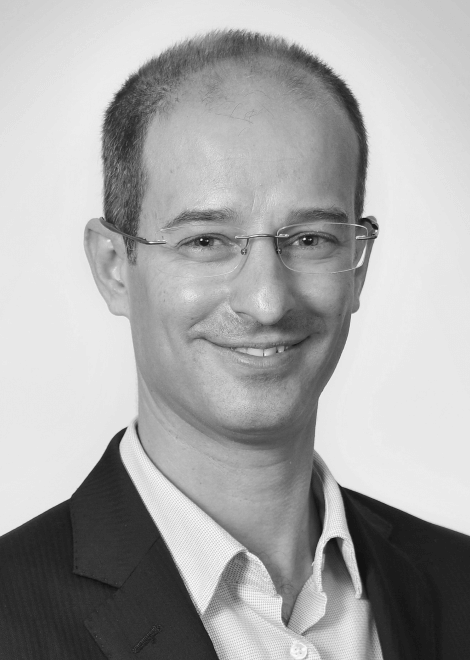
Marco Gil
Senior VP - Sales & MarketingIn 2007 he joined Hovione as an Associate Engineer in the R&D Particle Design area. In May 2011 he was appointed as a Director of R&D Process Chemistry. He has held several management responsibilities, including Site General Manager of the Hovione site in New Jersey, US. From 2017 to 2022, Marco held leadership positions in Sales.
Since May 2022 he is the Senior Vice-President of Sales & Marketing at Hovione.
